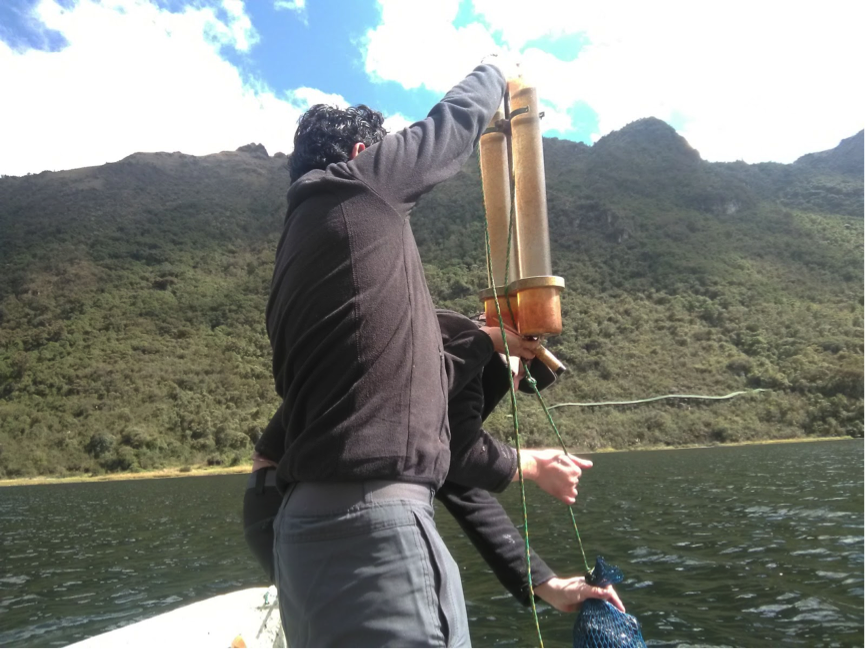Kaleidos: A Center for Interdisciplinary Ethnography in the Global South
 This talk describes The Asthma Files Ecuador at the Centre for Interdisciplinary Ethnography
– Kaleidos, a collaborative research initiative designed to imagine horizontal decision-making
academic platforms in the global south. The Asthma Files Ecuador traces how pollution
in Ecuador is produced, how it circulates through bodies and ecosystems, and how it
is studied and governed. The initiative includes a suite of interdisciplinary projects
and actors working together at Kaleidos. Our aim is twofold: to argue for the central
role of ethnography in imagining new ways of engaging with the world at a time of
urgent environmental troubles that can best be understood through new interdisciplinary
articulations; and to suggest how research centers like Kaleidos can become innovative
academic spaces in the growing context of global academic labor precarity.
This talk describes The Asthma Files Ecuador at the Centre for Interdisciplinary Ethnography
– Kaleidos, a collaborative research initiative designed to imagine horizontal decision-making
academic platforms in the global south. The Asthma Files Ecuador traces how pollution
in Ecuador is produced, how it circulates through bodies and ecosystems, and how it
is studied and governed. The initiative includes a suite of interdisciplinary projects
and actors working together at Kaleidos. Our aim is twofold: to argue for the central
role of ethnography in imagining new ways of engaging with the world at a time of
urgent environmental troubles that can best be understood through new interdisciplinary
articulations; and to suggest how research centers like Kaleidos can become innovative
academic spaces in the growing context of global academic labor precarity.
Maka Suarez is a founding member of the Center for Interdisciplinary Ethnography - Kaleidos at University of Cuenca and FLACSO – Ecuador. She has worked with Ecuadorian migrants who lost their homes after Spain’s housing bubble burst and who became housing activists to protest unfair debts and secure appropriate housing, investigating how class relations intersect with debt and migration as well as with labor, gender, and generational relations. Her current research explores the movement of pollution in Ecuador through the local history of medicine, government-protected national parks, urban forests and rivers, brick-making factories, respiratory diseases, and air quality data networks.
Jorge Nunez is a founding member of the Center for Interdisciplinary Ethnography - Kaleidos at FLACSO - Ecuador and University of Cuenca. He has conducted ethnographic research with prisoners in Ecuador, and freelance traders and small investors in Spain. His work on prisons includes long-term participant observation in Ecuador’s men maximum security prison between 2003 and 2005, archival work after this penitentiary was decommissioned in 2014, and an ongoing collaborative ethnography on prison entrepreneurship, financial crime, and racial capitalism in the Andes.


connect with us: